Federal system not meant to divide Sri Lanka - Wigneswaran


April 30, 2016
The chief minister of Sri Lankas Tamil-dominated Northern Province has said that the long-sought federal system in the North and the East to devolve power will not lead to the division of the country.
“Federalism is an arrangement to keep the country together, not to divide. There are many examples in other countries as to how federalism had not divided countries,” Chief Minister CV Wigneswaran said.
Speaking to reporters in the northern town of Vavuniya yesterday, the Tamil chief minister said people in the countrys south must study federalism to reach conclusions.
He said the minority Tamils advocate federal arrangements for the rest of the seven provinces too.
Wigneswaran, a former Supreme Court judge, has been under fire in the south after the adoption of a resolution in his northern provincial councils calling for a federal solution to the north and east provinces.
The resolution adopted by Tamil National Alliance (TNA) aims to have the federal solution included in the current constitution-making process.
The government headed by President Maithripala Sirisena and Prime Minister Ranil Wickremesinghe has launched a process to formulate a new constitution replacing the 1978 statute.
The Tamil demand for a federal system dates back to the days when Sri Lanka, then Ceylon, became independent of the British rule in 1948.
Later, the campaign was extended to a separate state demand when the LTTE fought a decades-old war with the government to carve out a separate Tamil homeland.
With the defeat of the LTTE in 2009, the TNA adopted a softer approach to give up on the separatist demand.
However, Wigneswaran has expressed views which reflects the sentiments of the Tamil extremist polity. Politicians from the Sinhala majority have criticised Wigneswaran for raising communal passions at a time the central government was taking steps to achieve reconciliation with the Tamil minority.
The TNA hopes to submit the federal proposal when the draft for a new constitution is discussed in the national parliament.
Source: PTI -
Agencies


April 30, 2016
The chief minister of Sri Lankas Tamil-dominated Northern Province has said that the long-sought federal system in the North and the East to devolve power will not lead to the division of the country.
“Federalism is an arrangement to keep the country together, not to divide. There are many examples in other countries as to how federalism had not divided countries,” Chief Minister CV Wigneswaran said.
Speaking to reporters in the northern town of Vavuniya yesterday, the Tamil chief minister said people in the countrys south must study federalism to reach conclusions.
He said the minority Tamils advocate federal arrangements for the rest of the seven provinces too.
Wigneswaran, a former Supreme Court judge, has been under fire in the south after the adoption of a resolution in his northern provincial councils calling for a federal solution to the north and east provinces.
The resolution adopted by Tamil National Alliance (TNA) aims to have the federal solution included in the current constitution-making process.
The government headed by President Maithripala Sirisena and Prime Minister Ranil Wickremesinghe has launched a process to formulate a new constitution replacing the 1978 statute.
The Tamil demand for a federal system dates back to the days when Sri Lanka, then Ceylon, became independent of the British rule in 1948.
Later, the campaign was extended to a separate state demand when the LTTE fought a decades-old war with the government to carve out a separate Tamil homeland.
With the defeat of the LTTE in 2009, the TNA adopted a softer approach to give up on the separatist demand.
However, Wigneswaran has expressed views which reflects the sentiments of the Tamil extremist polity. Politicians from the Sinhala majority have criticised Wigneswaran for raising communal passions at a time the central government was taking steps to achieve reconciliation with the Tamil minority.
The TNA hopes to submit the federal proposal when the draft for a new constitution is discussed in the national parliament.
Source: PTI -
Agencies


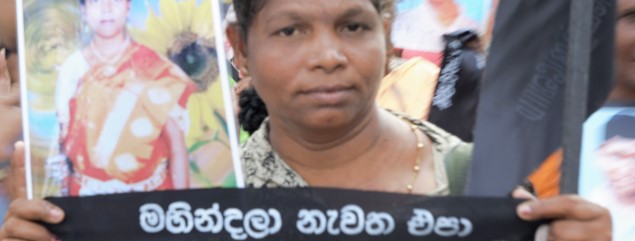

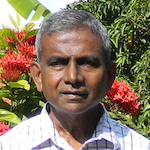






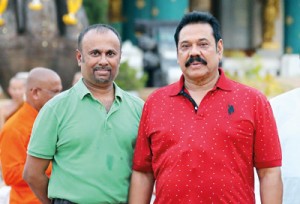
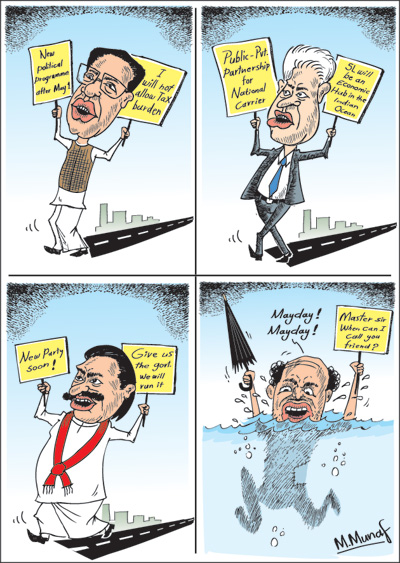
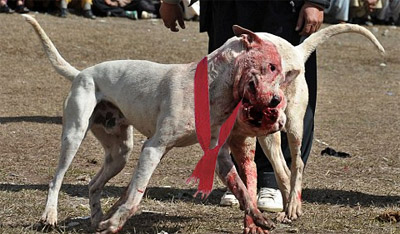




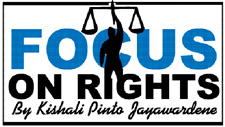 Unconvincingly persuasive explanations
Unconvincingly persuasive explanations